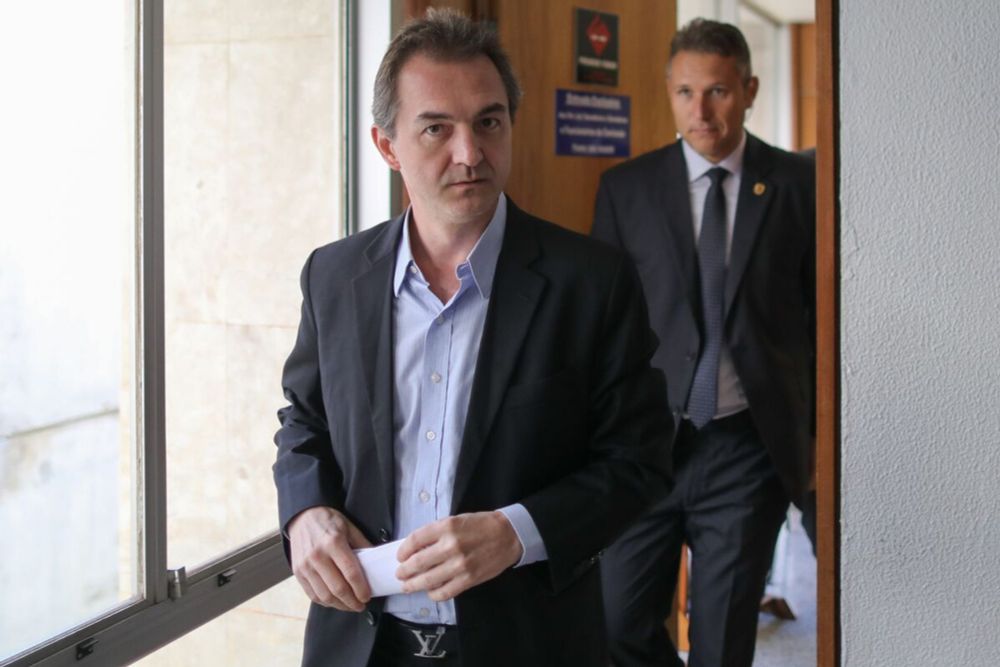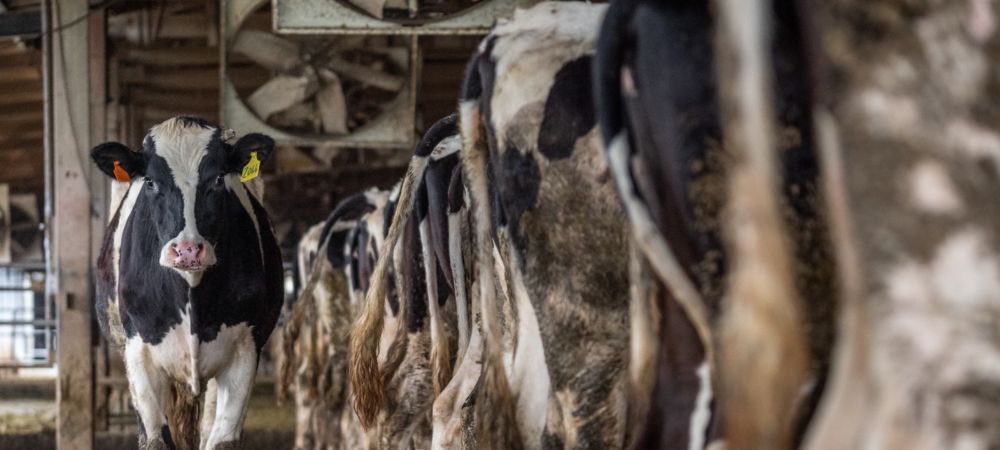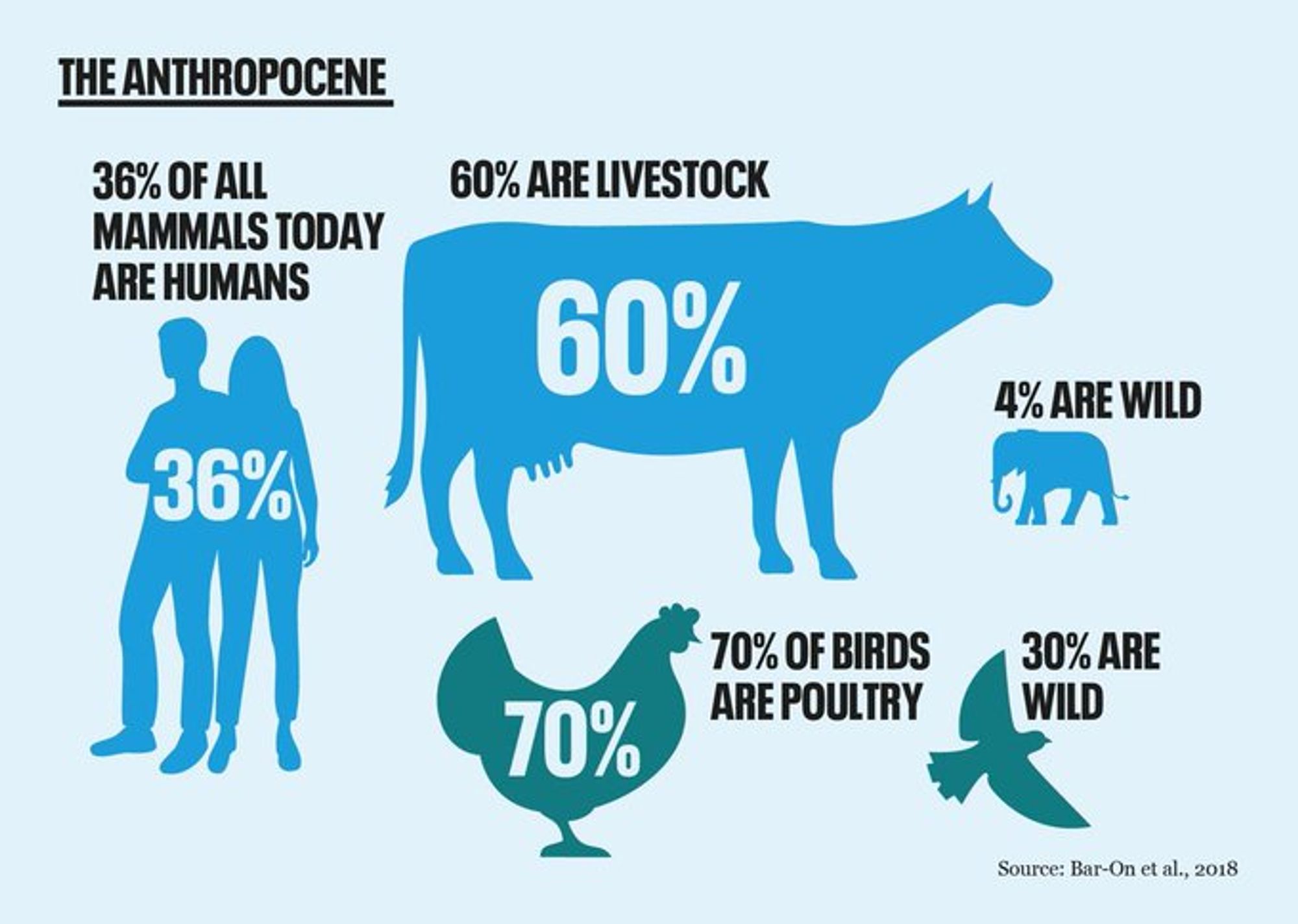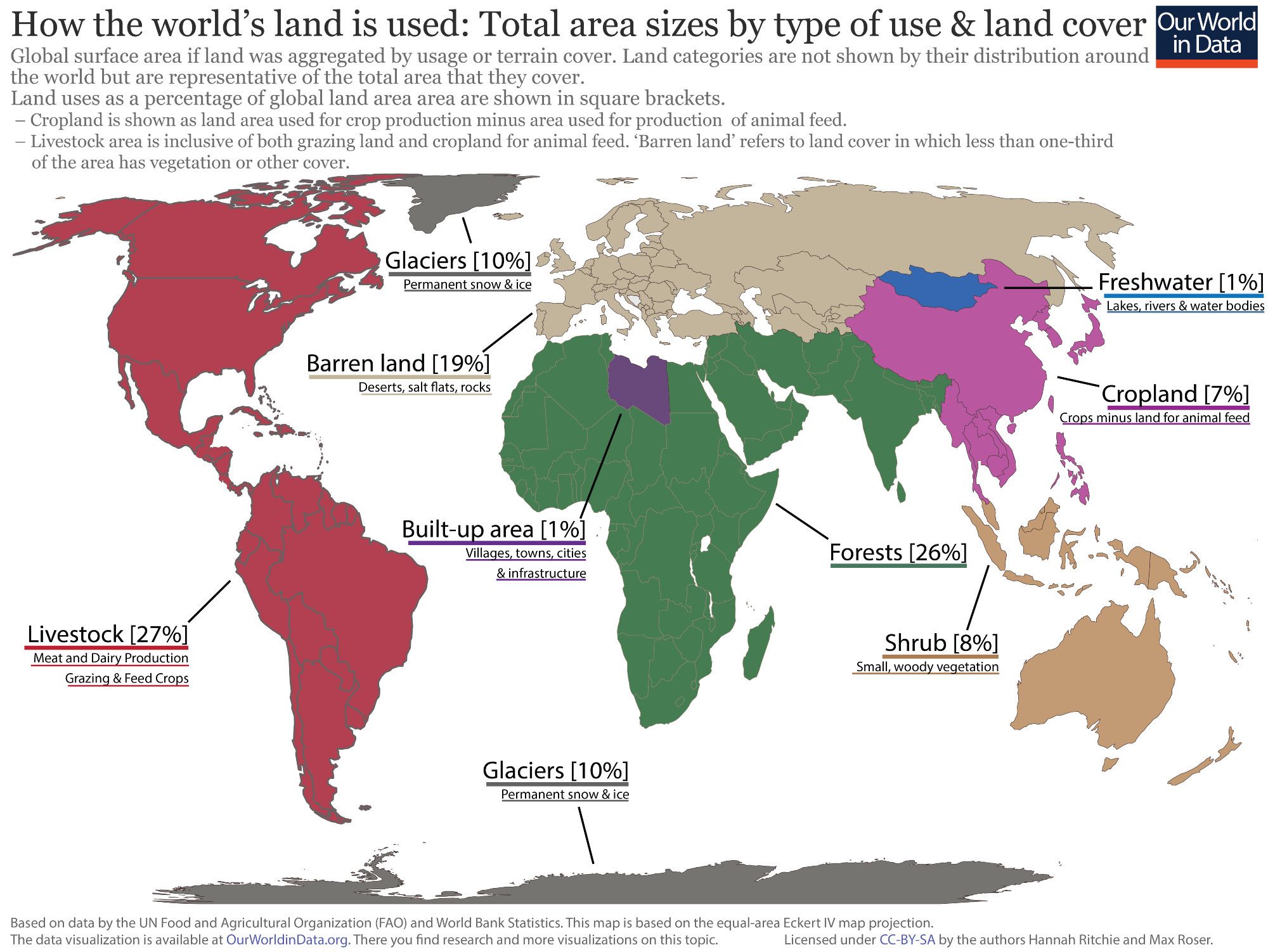It would seem that reducing the number and size of the ranches would be an effective way of addressing the problem. And that the most effective way to do that is to cut meat and dairy consumption.
Also Lula: More Hamburgers Please! www.bloomberg.com/news/article... Note: Burning Brazilian forests to increase grazing land for cattle is a major driver of climate change.

The billionaire Batista brothers’ stunning comeback is thrusting them into Brazil’s highest circles of power less than three weeks after their appointment to the board of JBS SA.
What is the livestock density of Lebanon? In many places species like this are considered competition. People prefer to eat the livestock themselves.
"Meat and dairy specifically accounts for around 14.5% of global greenhouse gas emissions" "Globally, aviation produced 2.4 percent of total CO2 emissions". interactive.carbonbrief.org/what-is-the-...ourworldindata.org/global-aviat...
Also: There’s not a huge contrast between billionaires traveling by private jet while we chow down on cheeseburgers. * Most cheeseburgers are not consumed by billionaires.
One more thing: "the world needs to begin by rethinking our approaches to livestock production, shifting towards plant-rich diets" www.unep.org/news-and-sto...

This primer explores the causes of methane emissions and how the world can limit the release of this potent greenhouse gas.
The article ignores a very important change, shifting diets away from meat and dairy. In fact, it will be impossible to reach zero GHG emissions without that change. Doing so, on the other hand, will make the world a much better place.
This part is surprising. We have displaced much of the planets wildlife with our appetite for cheeseburgers with dire consequences for biodiversity and climate.



There are specially formulated vegan foods for the most common of captive obligate carnivores (felis silvestris catus). Since that is possible, it seems strange that we cannot discover a way to do the same for the tiny percentage of humans that are thought to require meat for health reasons.
